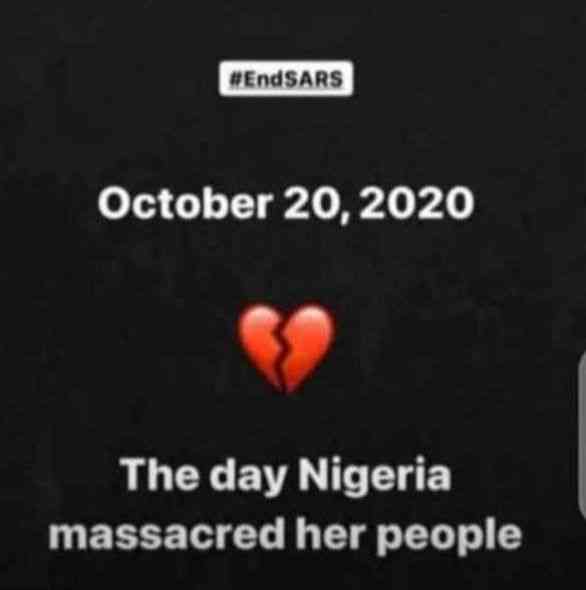A Nation Refusing to Learn: A Nigeria Story
Nigeria in 2021 is poised to repeat the same mistake it made over six decades ago and now, it is on the verge of another civil war.
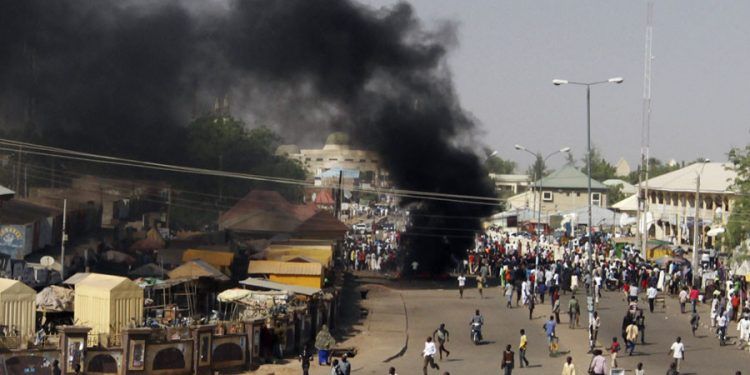
“Those that fail to learn from history are doomed to repeat it.”
~Winston Churchill.
It is troubling to see a nation that has refused to learn from its history. Nigeria in 2021 is poised to repeat the same mistake it made over six decades ago, refusing to look back and learn to avoid history repeating itself. It is on the verge of another civil war. Since 2017, Nnamdi Kanu's popularity has grown worldwide and given his movement momentum, which he has not failed to build on. The country is currently repeating almost every mistake it made before the break of the Biafran war in July 1967. Distorted news, threats of secession, rising insecurity, the perceived pogrom of the Igbo's, and a long list of other issues. Even though these mistakes come to life in smaller proportions, they tend to escalate into the kind of events that led the country to its first Civil war. (article continues below)
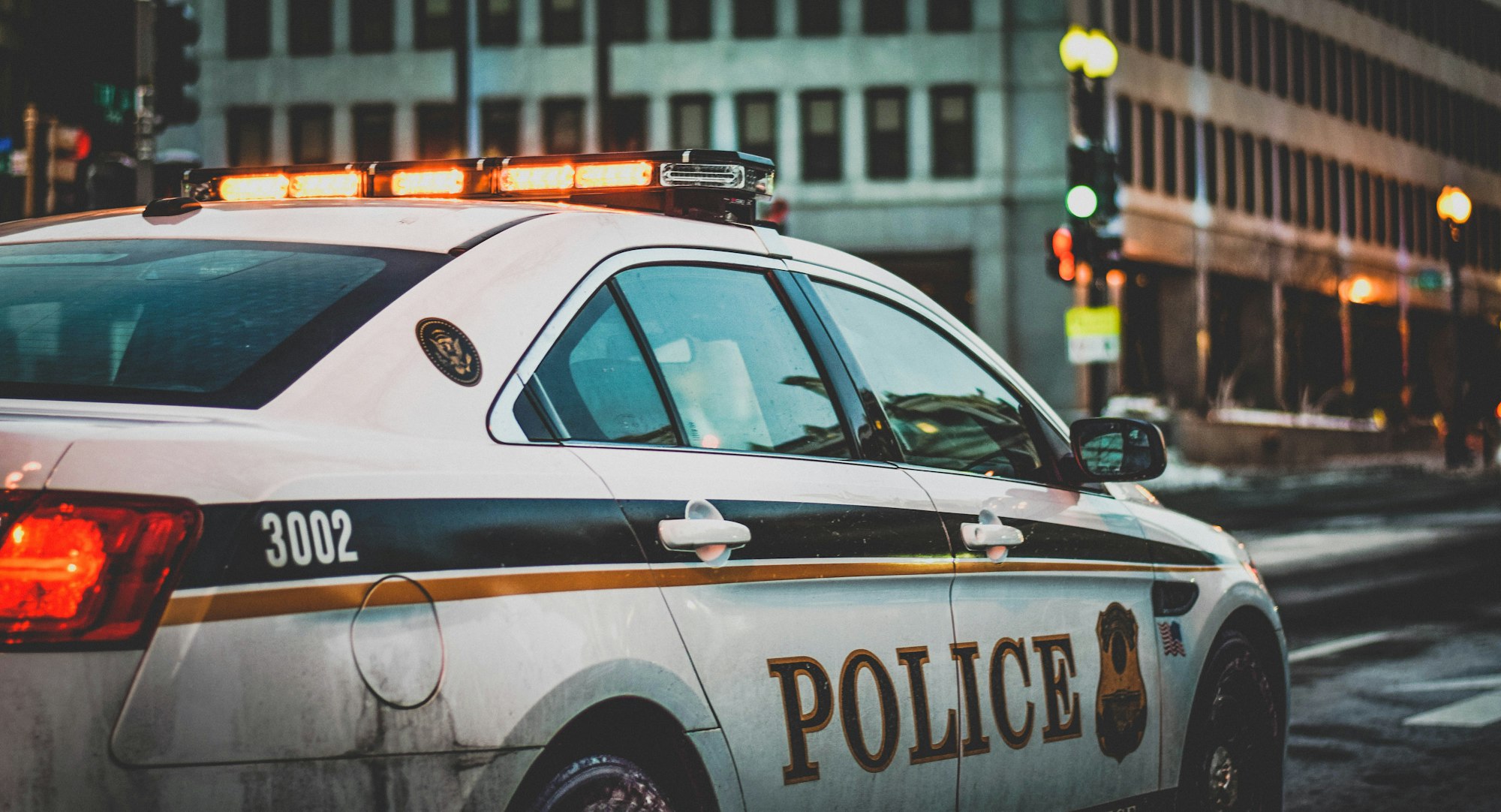
Another thing that gives me great concern is how the generation that experienced the war seems to remain silent and watch as this generation draws closer to repeating those previous mistakes. The civil war appears to be a topic everybody wants to forget and pretend never happened, as this is all I can draw from the fact that the details of the war are scarce amongst young Nigerians. Even after two outstanding works of two of Nigeria's very successful Novelists covering the topic Chinua Achebe's There was a country and Chimamanda Adichie's Half of a yellow sun, the details about Nigerian civil war is hard to find.
These two Great works were extensively detailed and can no way be seen as a vignette of the time. Some literature reviewers consider Achebe's work a reconciliation with Nigeria as he was actively part of the war from the Biafran lines as International Advocate and propagandist, which I do not believe is entirely accurate. Because Achebe did not publish the book till 2011, decades after the war, I see his work as an attempt to educate the world and Nigerians on the topic to avoid recurrence as he expressed hope for the country in the concluding chapter of the book, which is what I believe every person who experienced the war should be doing right now.
September 1966 is considered the worst of times in Nigeria's history as the massacre that went down at that period, after and even before eventually pushed the young nation into a civil war. 29th September 1966 was "Black Thursday." Charles Kiel, an Ethnomusicologist who happened to be Nigeria at the time, recounted
The pogroms I witnessed in Makurdi, Nigeria (late Sept. 1966) were foreshadowed by months of intensive anti-Ibo and anti-Eastern conversations among Tiv, Idoma, Hausa, and other Northerners resident in Makurdi, and, fitting a pattern replicated in city after city, the massacres were led by the Nigerian army. Before and after the slaughter, Col. Gowon could be heard over the radio issuing "guarantees of safety" to all Easterners, all citizens of Nigeria, but the intent of the soldiers, the only power that counts in Nigeria now or then, was painfully clear. After counting the disemboweled bodies along the Makurdi road, I was escorted back to the city by soldiers who apologized for the stench and explained politely that they were doing me and the world a great favor by eliminating Igbos.
Ethnic killing from May 1966 was happening at a very alarming rate. Northerners were killed in the East and West, same as Easterners being killed in the North. All this killing were prompted by propagandist and mischief-makers who kept pushing out the wrong narrative like the Financial Times correspondent J.D.F. Jones who as early as January predicted northerners "already have begun to take revenge for the death of their leader the Sardauna of Sokoto on a large number of Igbo who lived in the North," which was not true. Northern elites fabricated reports of attacks on north Nigerians in the east which led to the furious killing on 29th September 1966.
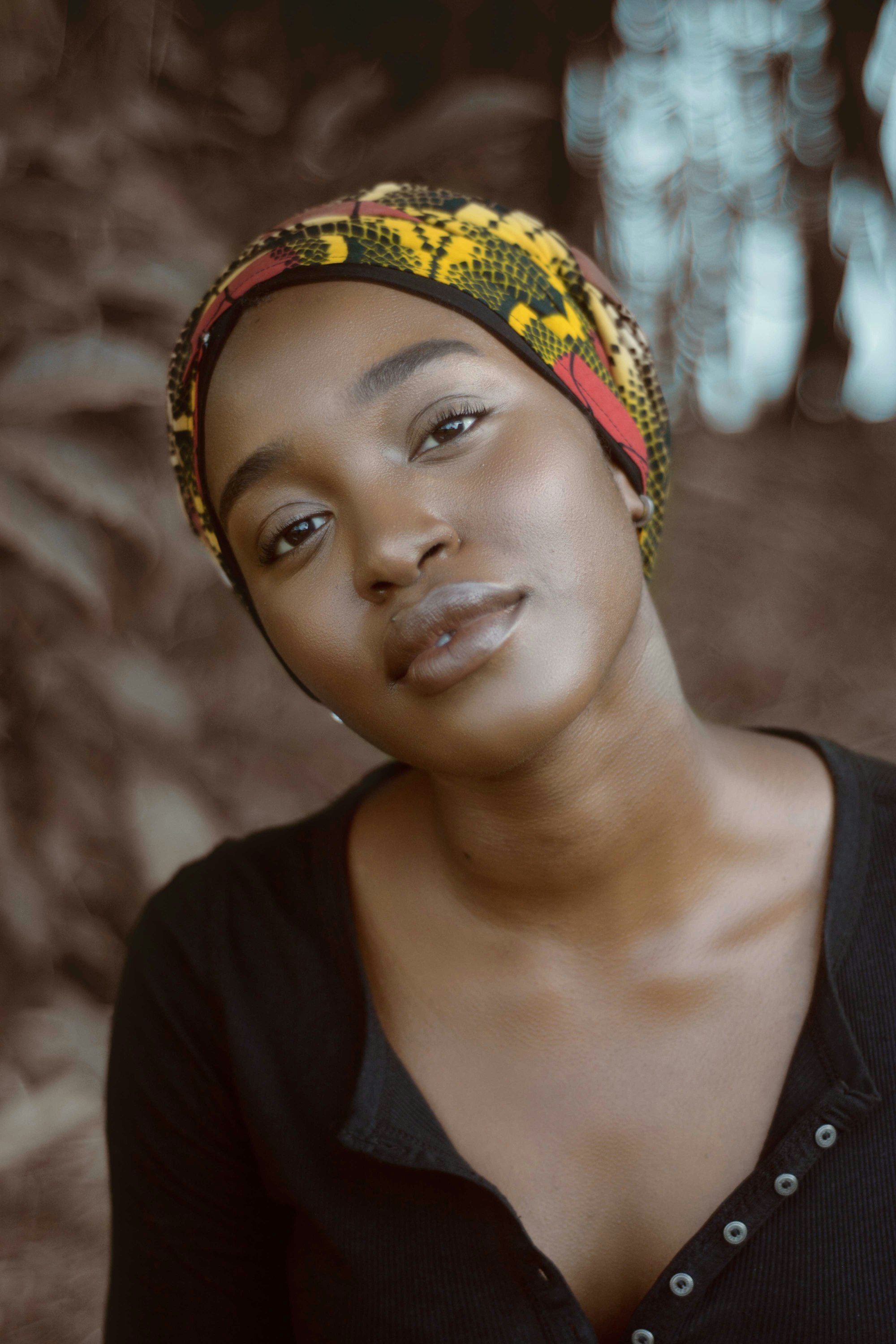
No place is like home but is Nigeria truly the home of the Igbos? My answer to that question is bold; yes, I say yes because I am convinced that Nigeria is home to the Igbo people. Nigeria is not a mere geographical expression or just a product of the 1914 amalgamation of Northern protectorate, Lagos Colony, and Southern Nigeria protectorate. Since it has evolved into a Nation of diverse cultures, the divides remain imaginary; if observing society is a good means to extract information about a people, then observing Nigerians would inform the observer as I have been informed by carefully observing.
The line that divides Nigeria is unrealistic and a very imaginary one. The North Central (NC), North East (NE), North West (NW), South West (SW), South East (SE), and South (SS) all six Geo-political zones of the country are victims of bad or poor governance, but the ruling class finds a way to make it seem like there's a real marginalization at the federal level when this is just a lie. They tell their people to deny responsibility for the poor state of the State; as I have seen in most cases, they intentionally refuse to inform their people on critical topics and prefer acting as if they do not know about the misinformation flying around.
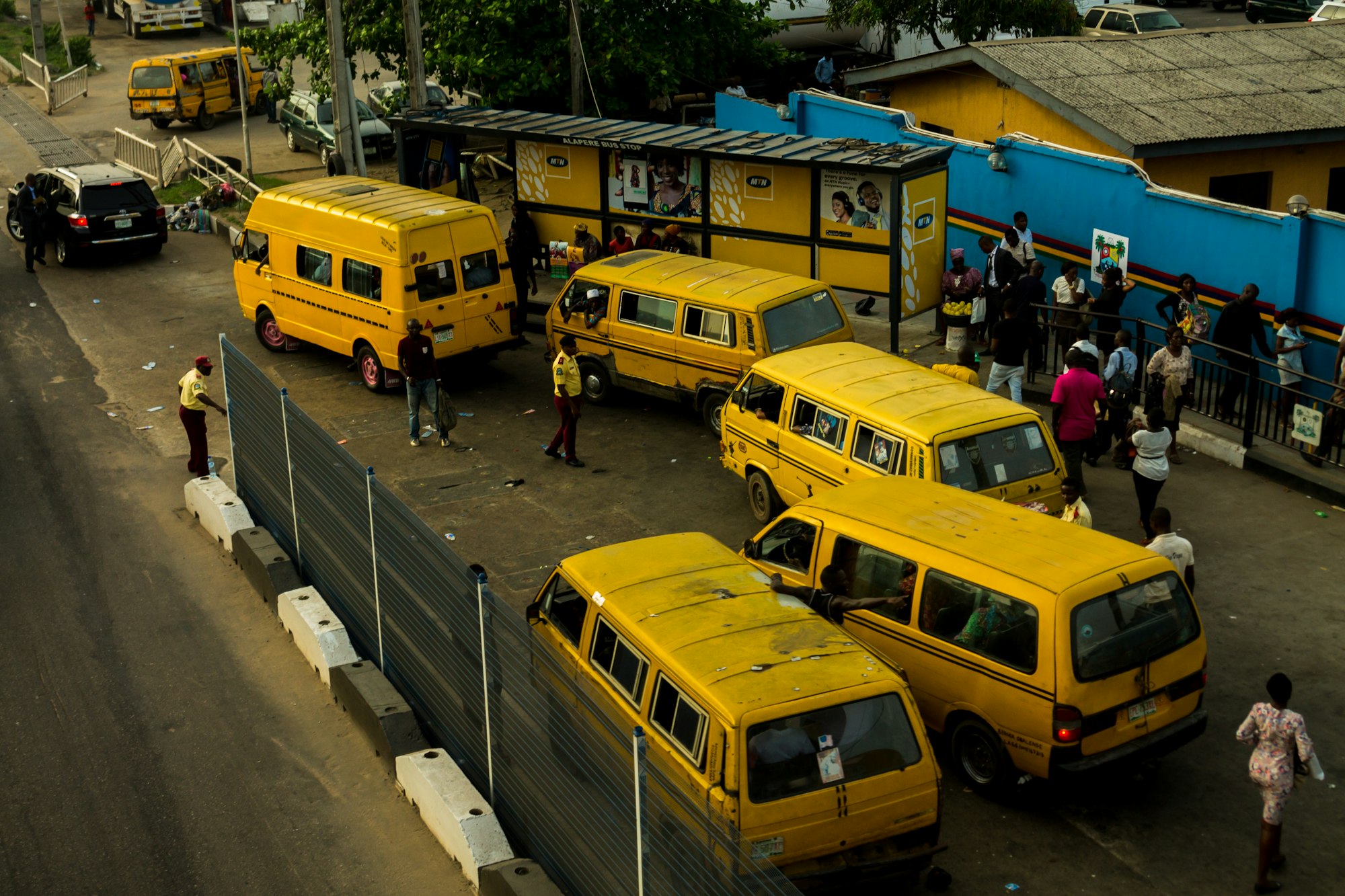
As far as Nigeria is the home of the Igbo people, I would like to point at events happenings around the country. After the Biafran forces surrendered in early 1970, there were mixed feelings amongst Biafrans. a group of people sad and dejected after fighting for over two years (the disgrace of surrender) but happy to begin searching for relatives to continue their lives. However, in fear of not knowing what to expect from Nigerian troops but that phase eased out. Biafrans returned to their normal lives with some bumps on the way.
A few good policies that didn't make it past the drawing board were supposed to help ease the phase-out. The whole country picked up from where it had left things. People began to return to their lives like there was never a war; the scars remain. A lesson was learnt on both sides. A lesson we are beginning to forget. We can only seek to build our nation, not destroy it ourselves, and this lessons are now lost as we continue to tip gradually into another civil war as different groups (IPOB) Independent People Of Biafra (BCG) Biafra customary Government (MASSOB) Movement for the Actualization Of The Sovereign state of Biafra sprout and begin to clamor for a Biafran state again an ideology that was supposedly crushed.

Violence is never the answer and a disintegrated Nigeria is not Nigeria. Insecurity is a challenge faced in all 36 states of the country at very different levels. Unknown gunmen attacks, bandits attacks, kidnappings, ISWAP (Islamic State west African province) attacks etc. Clearly it is not peculiar to just a section of the country; this is something insecurity share with bad governance. We need to begin to focus on fixing our country rather than allow bad elements break us as Nigeria is the only country we have. We should seek to protect her at all cost. The positive in all of this is that unlike1966/67, people are better informed, and social media would play a vital role in informing the populace in real-time, leading to a better-informed society. But, there's another angle to be considered. The fast spread of misinformation and inciting content, giving that misinformation, was also a major contributor to the first civil war; we have to, by all means, possible curb the menace of misinformation by getting the right information out there consistently and deal decisively with any peddler of wrong misleading or inciting information, put an end to Banditry and Terrorism that currently holds the country hostage and we could start to build Nigeria we all desire we've all got parts to play if a United Nigeria is the Nigeria we desire to live in.
It would be in our best interest as a nation to educate our citizens on the events that led to the first war, the terrors of the war and help them understand how a united Nigeria is a better Nigeria for all. I would be a hypocrite to say Nigeria is currently working as we all expected, but it is wrong for us to want to separate families and neighbors, disrupt businesses and the lives of millions when we can build a stronger nation if we try.
Editors Pick
